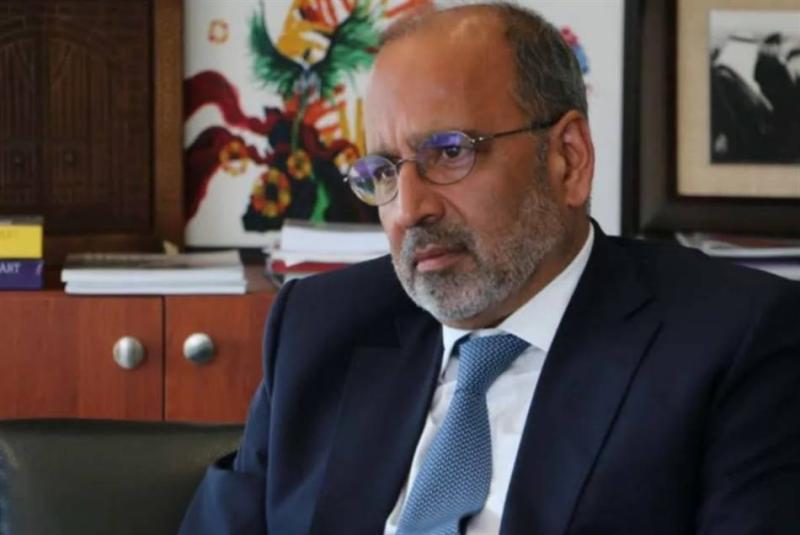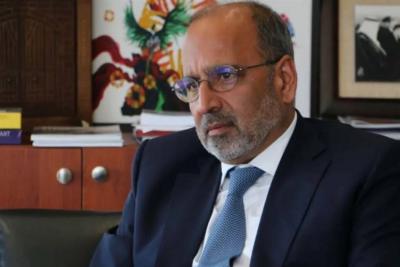The UN Humanitarian Coordinator in Lebanon, Imran Riza, announced that he recently visited some areas in southern Lebanon to meet with those affected by the ongoing hostilities. He explained, "I spoke to some who left their homes and are now displaced, as well as those who chose to stay in their homes and villages despite the imminent dangers. It is clear that all of them are facing tremendous challenges."
In a statement, he noted that "for many of these individuals, the past three months have been filled with feelings of fear, loss, and uncertainty about what the future holds. Today, the ability to cope with challenges is vastly different from the last time southern Lebanon experienced similar displacement during the 2006 war."
Riza stated, "The severe economic crisis in Lebanon has exacerbated the plight of the affected population, who today are without savings or sufficient food supplies, and have become entirely reliant on limited livelihood opportunities." He clarified that "the ongoing destruction of agricultural land in southern Lebanon, coupled with insecurity and the inability to move safely due to daily attacks, is deepening the despair among communities."
He considered that "the economic, personal, and psychological losses borne by communities affected by the ongoing conflict are severe, adding to the magnitude of the challenges faced by the population." Riza revealed that "since the escalation of hostilities, more than 86,000 people have been displaced, and around 60,000 individuals remain in the border villages affected by the crossfire. To date, at least 25 civilians have been killed and significant damage has been inflicted on healthcare centers, civilian infrastructure, residential homes, and agricultural land."
He added, "I reiterate my call and stress the necessity of respecting international humanitarian law and protecting civilians, medical personnel, homes, schools, and healthcare facilities. There must be constant caution to spare civilians and civilian objects from harm. All parties involved must also facilitate humanitarian access to civilians in need," confirming "the United Nations and our partners' commitment to remain and provide emergency relief and protection to civilians in need wherever they are. However, what we desperately need today is a ceasefire and an end to hostilities."




